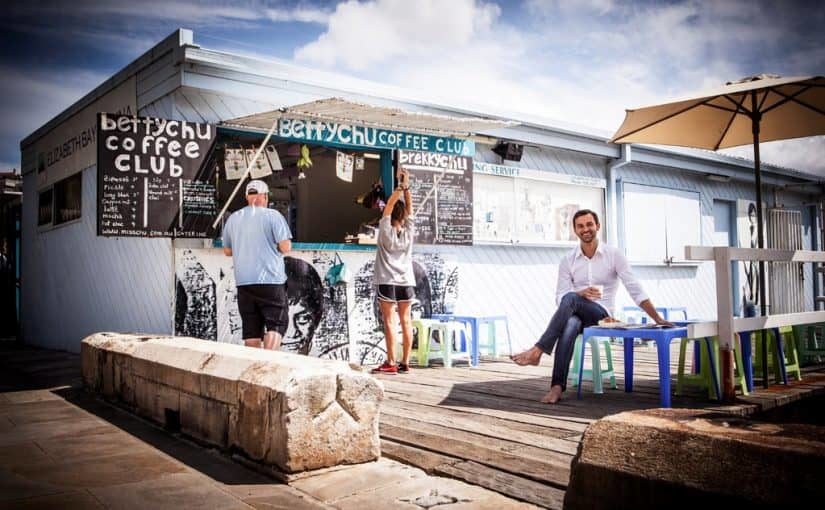Sydney based Ben Bravery was diagnosed with bowel cancer at just 28 years old.
In September 2010, Ben was living in China when he first experienced gastrointestinal symptoms.
Fearing a large medical bill and putting his symptoms down to “dodgy dumplings” Ben waited until he was back in Australia to see a doctor.
However, Ben says that he would urge anyone with gastrointestinal symptoms, including young people, to talk to their GP who can refer them for tests.
Symptoms like Ben’s including diarrhoea, abdominal cramps and weight loss can be caused by various health conditions, which is why pathology testing is important to help doctors pinpoint the problem.
Five years on, Ben is doing well and is now studying medicine himself. He said:
“I’m studying medicine because of my lived experience. I emerged from treatment with an appreciation of the medical disciplines including pathology, which were integral to diagnosing and treating my cancer. Most people don’t know there are armies of people in the basements of hospitals keeping the diagnostic process going.”
Early detection is critical in bowel cancer which kills 80 Australians a week.
Ben’s case was unusual because he was so young at the time and bowel cancer is more common in older people.
The National Bowel Cancer Screening program offers free test kits to people aged over 50 but a recent article in Medical Journal Australia has also called for further expansion to the program.
When detected early 90% of bowel cancer cases can be treated successfully, meaning pathology is critical in improving survival rate through early diagnosis.
Because of Ben’s young age, he underwent extensive genetic testing to see if some genetic factor could be found.
All inheritable markers and all known mutations at the time were screened for but, unusually, Ben was negative for all factors and markers.
As a cancer patient Ben learned the value of all his test results and the guidance they gave his doctors. Now training to be a doctor himself, Ben will one day use pathology to help patients of his own.
Ben says of his decision to study medicine:
“I am now crossing the line between patient and doctor…and I am doing that because of cancer.
I am beginning a new journey and diving head first into the system that saved me.”

